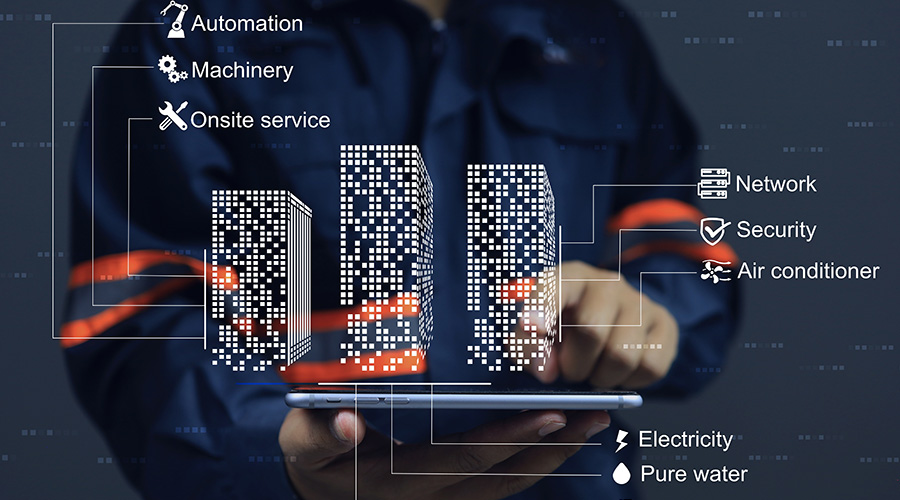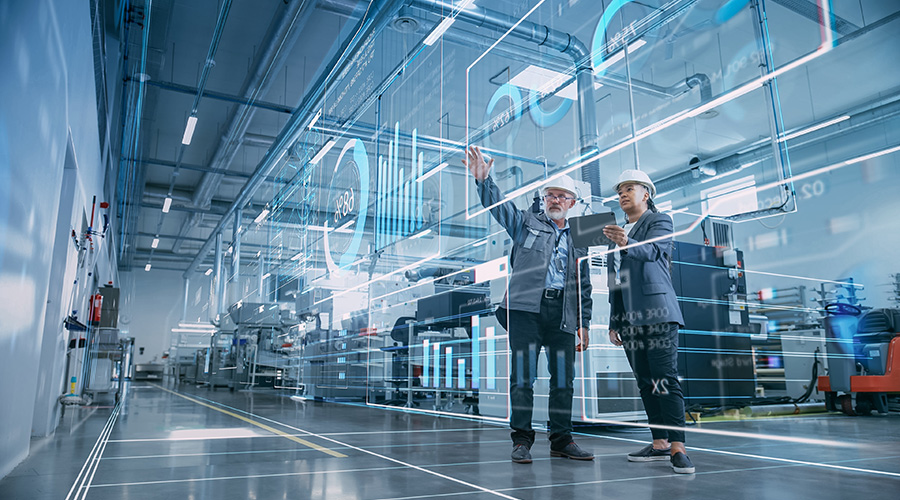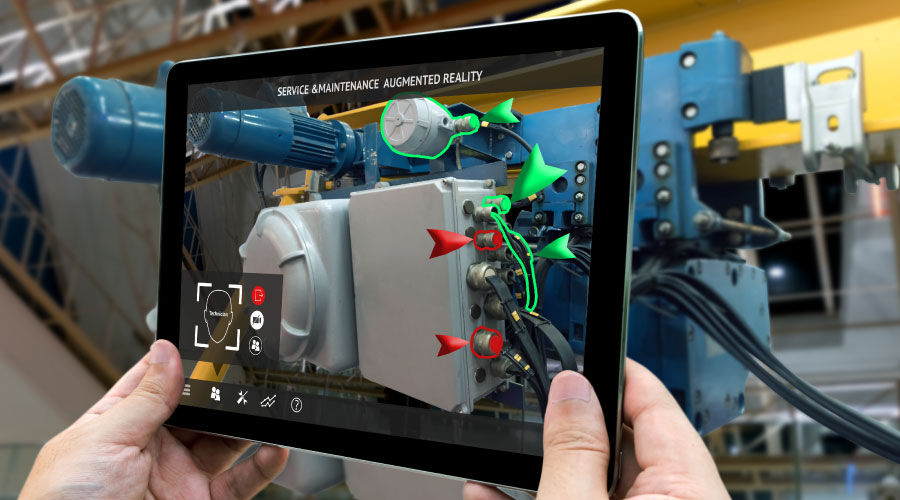Clearing the Air on AI and Facilities
Misconceptions have made it more difficult for building managers and owners to get a clear picture of AI’s potential benefits
Artificial intelligence (AI) has become many things to many different people, and not all of those these impressions and opinions have helped it gain acceptance among facilities managers. In fact, these misconceptions actually have made it more difficult for building managers and owners to get a clear picture of the technology’s potential benefits.
Among the most common misconceptions about AI relates to its impact on facilities managers themselves.
“There seems to be a misconception that AI is going to replace human decision makers,” says Brandon Quigley, national director of operations with Medxcel. “In a recent Gallup poll, 22 percent of American business professionals worry about AI eliminating some roles.”
Instead of fearing AI, he says managers need to actively embrace it.
“Now is the time to become engaged and look with curiosity to how these tools can transform our field and assist us in evolving healthcare in a way that really matters.”
Ryan Small, vice president of products and programs with FEA, a consulting engineering firm, agrees that AI is no threat to managers.
"It can't come after your job — ever,” he says. “It just won't. It'll make people faster to an outcome, but it's not going to displace the outcome. It's just a tool. It's an interesting tool, but we have not gotten to a place where there's much to be concerned about yet because it's just a statistical model."
Another misconception that is preventing facilities and organizations from tapping into the potential of AI is the belief that simply purchasing and implementing the technology will deliver benefits.
"One of the most common things in general that I see as a tripping point for large facilities management organizations is they get sold on a technology and they buy the technology,” he says. “But before they buy and adopt the technology, they don’t understand what their organization’s drivers were and what their organization’s technological requirements were. This is a pervasive issue.
“I'm seeing this everywhere with a bunch of our clients. Most of them do not take the step to say, ‘We need to come up with a strategy for how we procure technology, which includes understanding what our organizational technology requirements are before we go out and shop for new tech.’”
AI is likely to have a vast impact on facilities as building managers and owners come to understand its requirements and range of benefits. For that to happen, they will need to understand that, like all technology, it has practical limitations.
“AI does not allow you to do anything that you wouldn't be able to do on your own,” Small says. “It's just going to speed you to an outcome. It can either speed you to a really good outcome, or it can speed you to a really mediocre outcome.”
Dan Hounsell is senior editor for the facilities market. He has more than 30 years of experience writing about facilities maintenance, engineering and management.
Related Topics:













